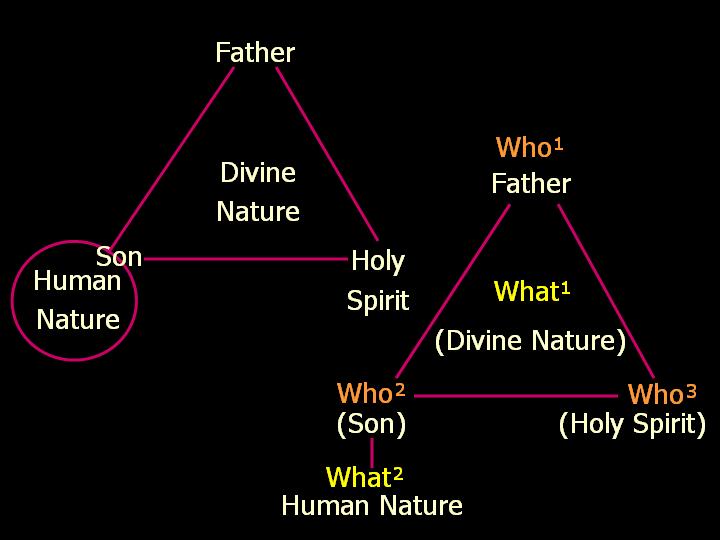The Bible unequivocally teaches that faith in God is what saves. So the question before us is whether speaking a “sinner’s prayer” constitutes saving faith.
All people possess intellect, will, and emotions – the ability to think, choose, and feel. When the Bible refers to faith, it seems to teach that faith involves all aspects of a person. In other words, a person’s intellect, will, and emotions must all be involved for faith to be salvific.
Let’s look at intellect first. Based on the NT, there seem to be six propositions that a person must intellectually believe to be saved:
- Existence of God
- Necessity of Grace
- Human Sinfulness
- Christ’s Deity
- Christ’s Atoning Death
- Christ’s Bodily Resurrection
Each of these doctrines must be intellectually held by a person to be saved. But believing in these truths with the intellect is not enough.
Billy Graham once said:
The word believe means more than just intellectual faith, because the Bible says, ‘The devils also believe.’ The devil is a fundamentalist, and he is orthodox. He believes in Christ. He believes in the Bible. Intellectually, he believes in the dogma. He believes in the creeds. But the devil has never been saved and he is not going to heaven. You may be able to recite theology, but I tell you that is not enough.
Saving faith also encompasses the will and emotions. The NT seems to teach at least six ways that our will and emotions must be involved in our faith.
First, true faith involves trust in God. Trust is the confident expectation that God will do what he says he will do. Trusting God involves an act of the will that is beyond mere intellectual assent.
Second, true faith involves the willingness to fully commit ourselves to Christ as the means of delivering us. Saving faith involves a true commitment to the gospel.
Third, true faith involves our obeying God’s command to believe in His Son. If we have saving faith, we will obey God’s command to believe in His Son. If we truly understand who God is and what He has done for us, our intellectual knowledge is accompanied by obedience to God’s command to turn to Him. The demons do not obey the gospel and have forever turned their back on God. Though they know who God is, they disobey Him. Likewise, unsaved people have no will to obey God.
Fourth, true faith involves love of God, which is the greatest command. “Love the Lord your God with all your heart and with all your soul and with all your mind” (Matt. 22:37). You cannot have a saving relationship with God unless you love Him. Love of God is willing the ultimate good. God is the ultimate good. This is not merely a feeling of warmth toward God, but a robust passion and desire for Him that manifests in all our actions.
Fifth, true faith involves childlike trust entailing humility. There is no room for arrogance in saving faith. Demons exhibit no humility toward God, whereas believers realize that humility is the only reasonable response because God is completely responsible for their salvation. Dr. Gary Inrig explained humility this way:
If I try to make myself as small as I can, I’ll never become humble. Humility comes when I stand as tall as I can, and look at all of my strengths, and the reality about me, but I put myself alongside Jesus Christ. And it’s there, when I humble myself before Him, and realize the awesomeness of who he is, and I accept God’s estimate of myself, and I stop being fooled about myself, and I stop being impressed with myself, that I begin to learn humility.
Sixth, true faith involves repentance. Faith implies the kind of commitment to and trust in Christ that will make an actual change in one’s life. True repentance is a real change of mind about our sin and about who Christ is – our Savior. Repentance is life-altering as well. Therefore, faith and repentance are inseparable in the same way that the command to “come here” cannot be fulfilled without “leaving there.” True faith and repentance, regarding one’s salvation, involve embracing right and rejecting wrong – one cannot be exercised without the other.
So, is a simple prayer enough to save? If that simple prayer is being spoken by a person whose faith is intellectual, trusting, committed, obedient, loving, humble, and repentant, then the answer is “yes.” If not, then that prayer may be a significant step, but until the person has truly applied all of his personhood to his faith, it has not saved him.
